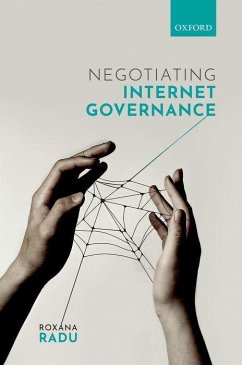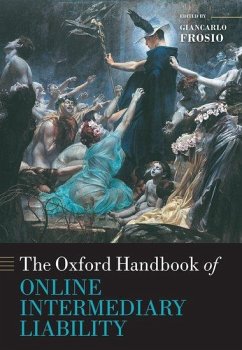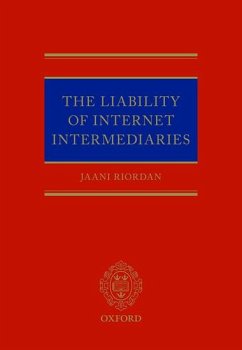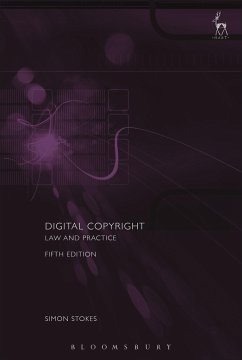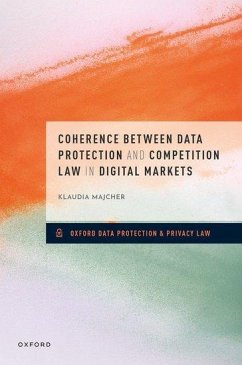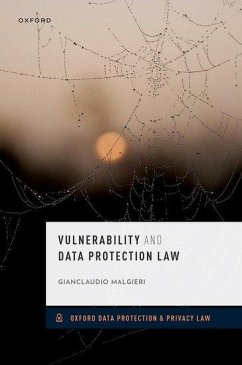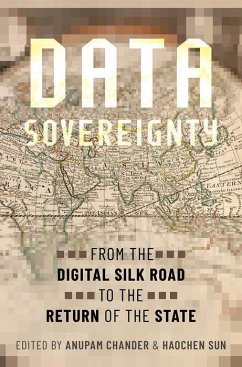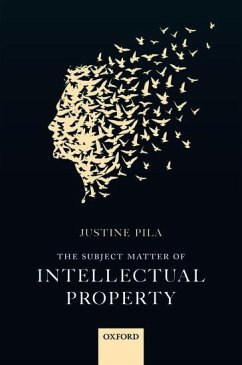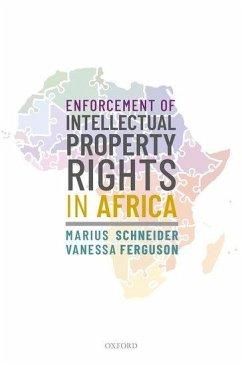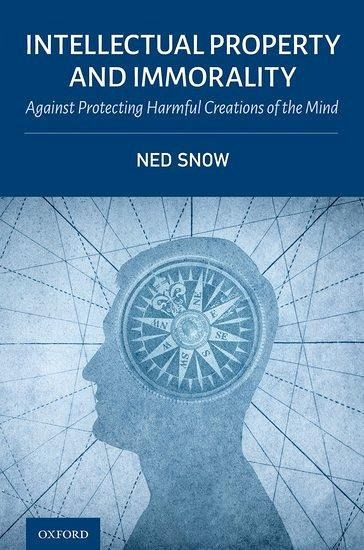
Intellectual Property and Immorality
Against Protecting Harmful Creations of the Mind
Versandkostenfrei!
Versandfertig in über 4 Wochen
141,99 €
inkl. MwSt.
Weitere Ausgaben:

PAYBACK Punkte
71 °P sammeln!
Should a machine that emits harmful levels of pollution receive patent protection? Should pornography receive copyright protection? These seemingly simple questions raise a host of issues in intellectual property law. This book explores the issues and considers whether the theories that underlie intellectual property law suggest that morality may be reason to deny protection. It entertains counterarguments about whether such denials would even be an effective means of addressing social problems. It interprets the Constitution to understand whether the Intellectual Property Clause suggests deny...
Should a machine that emits harmful levels of pollution receive patent protection? Should pornography receive copyright protection? These seemingly simple questions raise a host of issues in intellectual property law. This book explores the issues and considers whether the theories that underlie intellectual property law suggest that morality may be reason to deny protection. It entertains counterarguments about whether such denials would even be an effective means of addressing social problems. It interprets the Constitution to understand whether the Intellectual Property Clause suggests denying protection. It reviews judicial doctrines that seem to provide courts discretionary authority.




